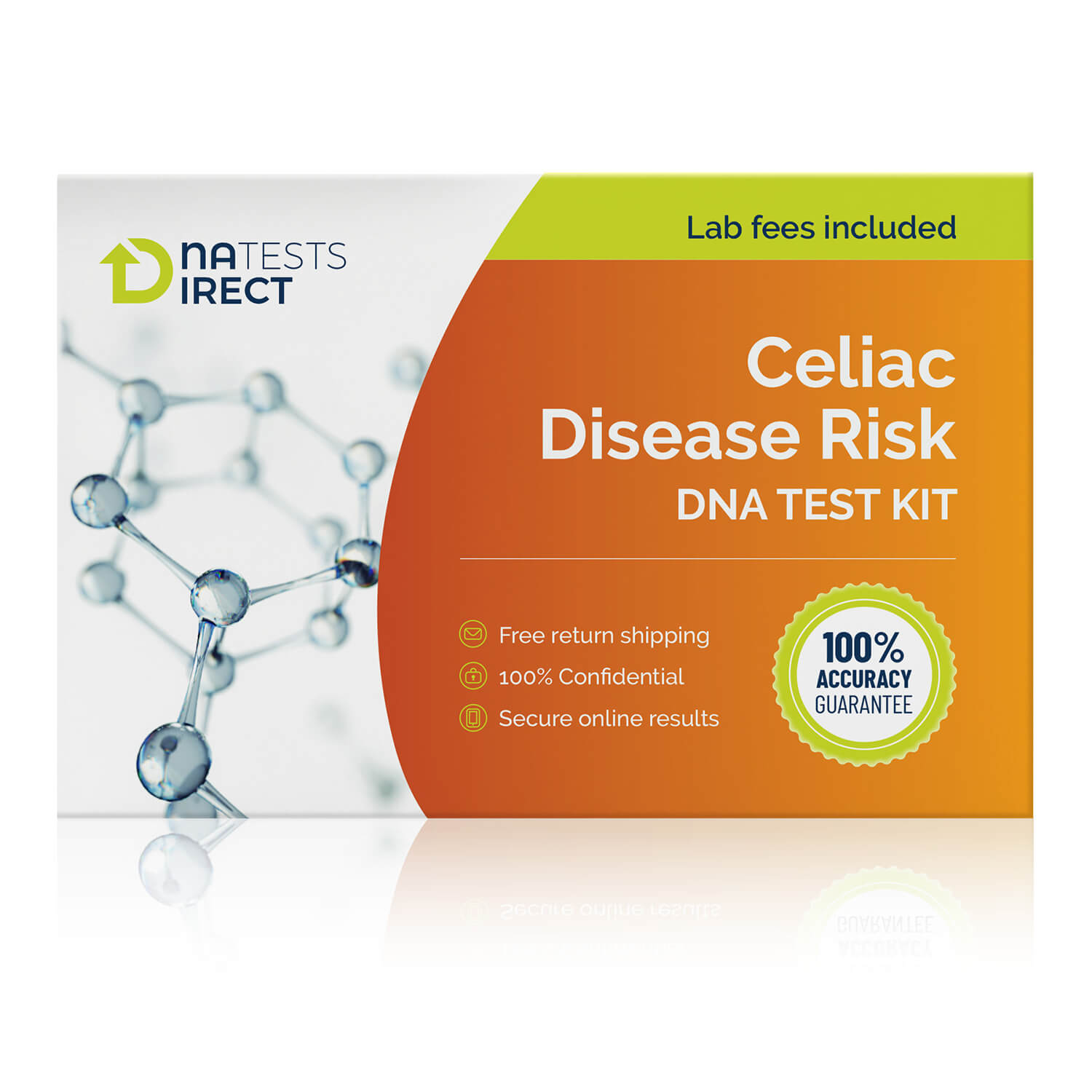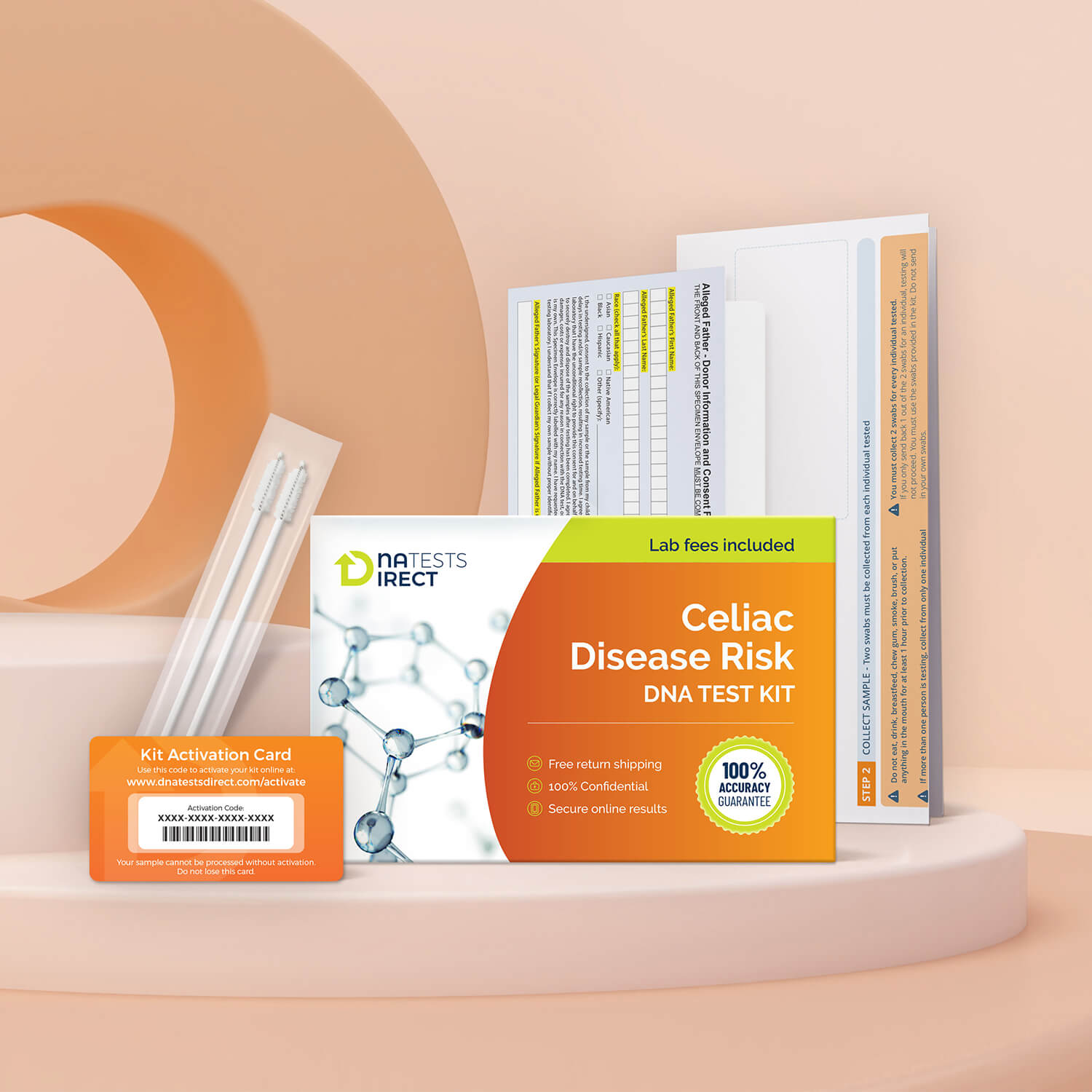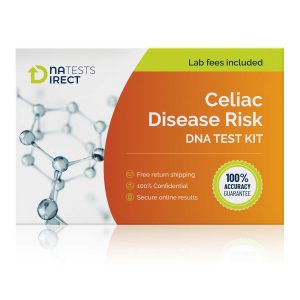 DNA Celiac Disease Test
DNA Celiac Disease TestDNA Celiac Disease Test
$249
Discover Your Celiac Disease Risk
Are you experiencing digestive discomfort, fatigue, or other unexplained symptoms? This at-home DNA test identifies key genetic markers associated with celiac disease to determine your risk of developing this condition.
- Genetic Insights: Identifies three high-risk variants of the HLA-DQA1 and HLA-DQB1 genes.
- Gluten-Free Friendly: No need to consume gluten, making it ideal for those already on a gluten-free diet.
- Painless Sampling: Collect your DNA samples with easy-to-use mouth swabs – no blood or needles required.
How It Works

Order

Send
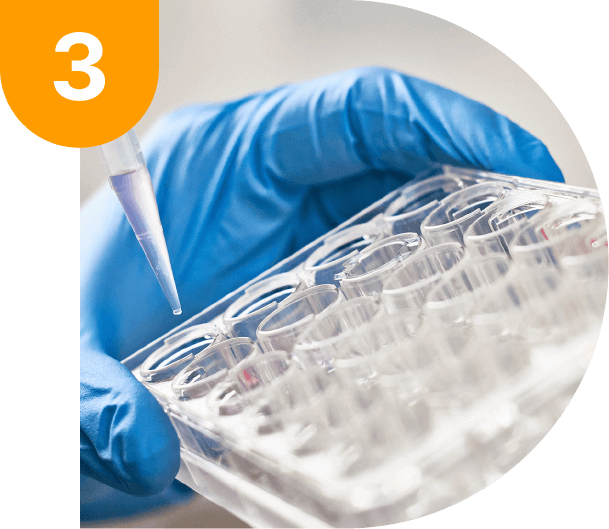
Receive your results

Results
What is Celiac Disease?
Celiac disease is an autoimmune disorder affecting the body’s response to gluten – a protein found in wheat, rye, barley, and often food additives. This condition impacts approximately 1 in 100 people worldwide, but surprisingly, only about 30% are properly diagnosed.
When someone with celiac disease consumes gluten, their immune system launches an attack on the small intestine. This attack leads to inflammation and damage to the villi, the tiny, finger-like projections that line the intestine and are responsible for absorbing essential nutrients. Over time, this damage can prevent the body from getting the nutrients it needs, putting you at risk of:
- Vitamin & mineral deficiencies (like iron and calcium)
- Digestive problems (diarrhea, constipation, gas, bloating)
- Weight loss or gain
- Fatigue
- Anemia
- Osteoporosis (bone loss)
- Increased risk of other autoimmune diseases
Celiac disease affects people of all ages, and symptoms can vary widely. Some people may have no noticeable symptoms at all. If left untreated, celiac disease increases the risk of other serious health conditions such as osteoporosis, infertility, neurological diseases, and increased risk of intestinal cancers.
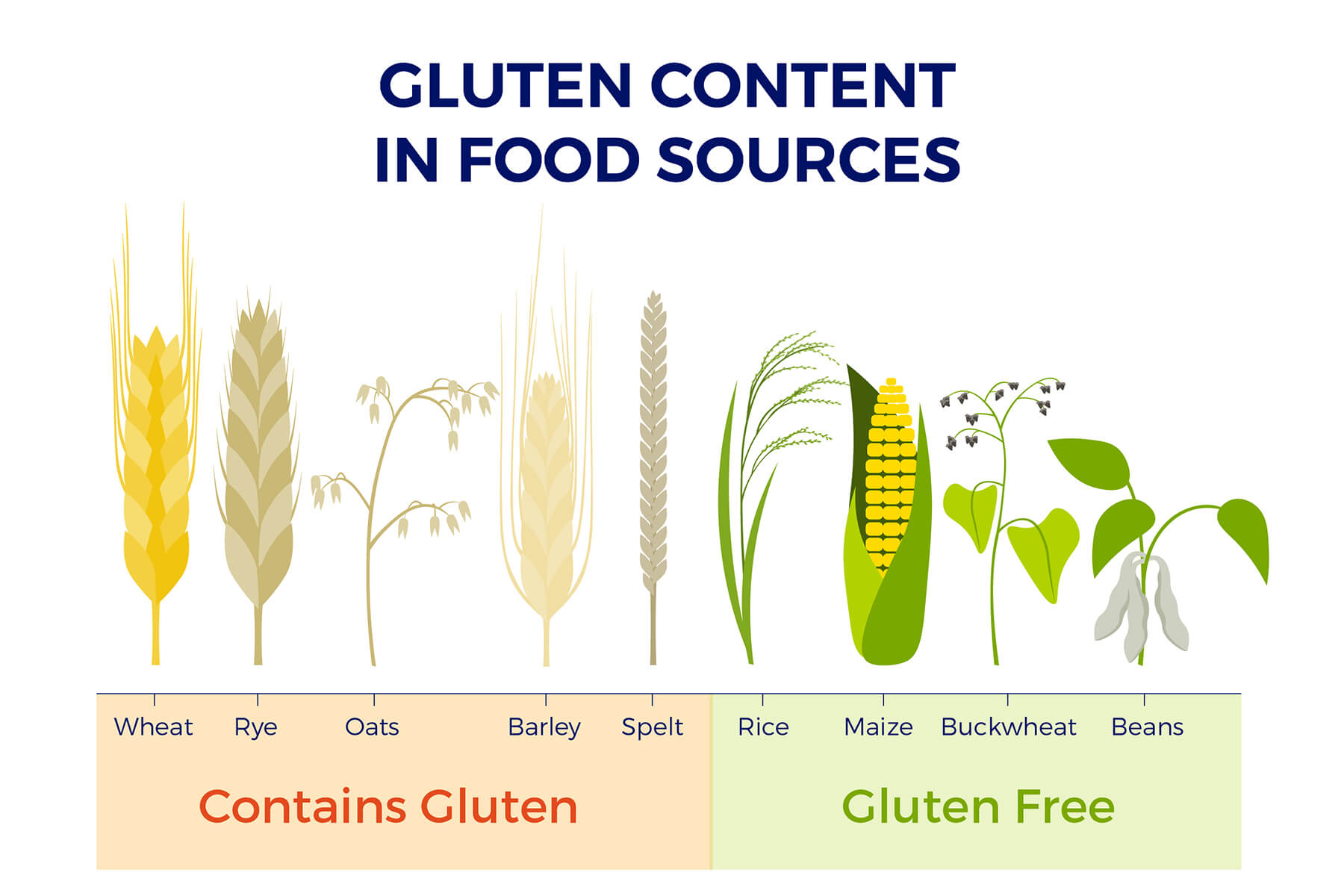
The Genetics of Celiac Disease
Celiac disease tends to run in families, which means if someone in your family has it, you’re more likely to have it too. This increased risk is tied to specific genes that influence how your immune system interacts with gluten.
The genes involved, HLA-DQA1 and HLA-DQB1, are critical for immune function, helping your body distinguish its own cells from potentially harmful invaders. In people with celiac disease, these proteins can mistakenly identify gluten as a threat, triggering an immune response that attacks the small intestine,
Our DNA test analyzes three high-risk variants within the HLA-DQA1 and HLA-DQB1 genes linked to celiac disease:
- HLA-DQA1*05
- HLA-DQB1*02
- HLA-DQB1*0302
Carrying one or more of these genetic variants increases your risk of developing celiac disease. However, it’s important to note that genetics alone doesn’t determine whether you’ll develop the condition. While these genetic markers increase susceptibility, not everyone with these variants will develop celiac disease.
Decoding Your Celiac Risk Test Results
Your results report will explain the specific gene variants detected and provide clear details on your risk level for celiac disease.
| Gene | Variants | Description |
|---|---|---|
| HLA-DQA1 | HLA-DQA1*05 | This variant is a common indicator of celiac disease, found in approximately 90% of diagnosed individuals. |
| HLA-DQB1 | HLA-DQB1*02, HLA-DQB1*0302 | These variants are associated with an increased likelihood of developing celiac disease, particularly HLA-DQB1*02 in individuals of Northern European descent. |
Frequently Asked Questions
Once your sample is received by our laboratory, processing usually takes 6-8 weeks. You will receive an email notification when your results are ready, and you can access your detailed report through a secure online portal.
We take data privacy seriously. Your results are confidential and only shared with you. We do not share your results with insurance companies, employers, or any other third parties.
Why DNA Tests Direct?
Accredited Excellence
Your Privacy, Protected
Expert Support
Related Test Kits
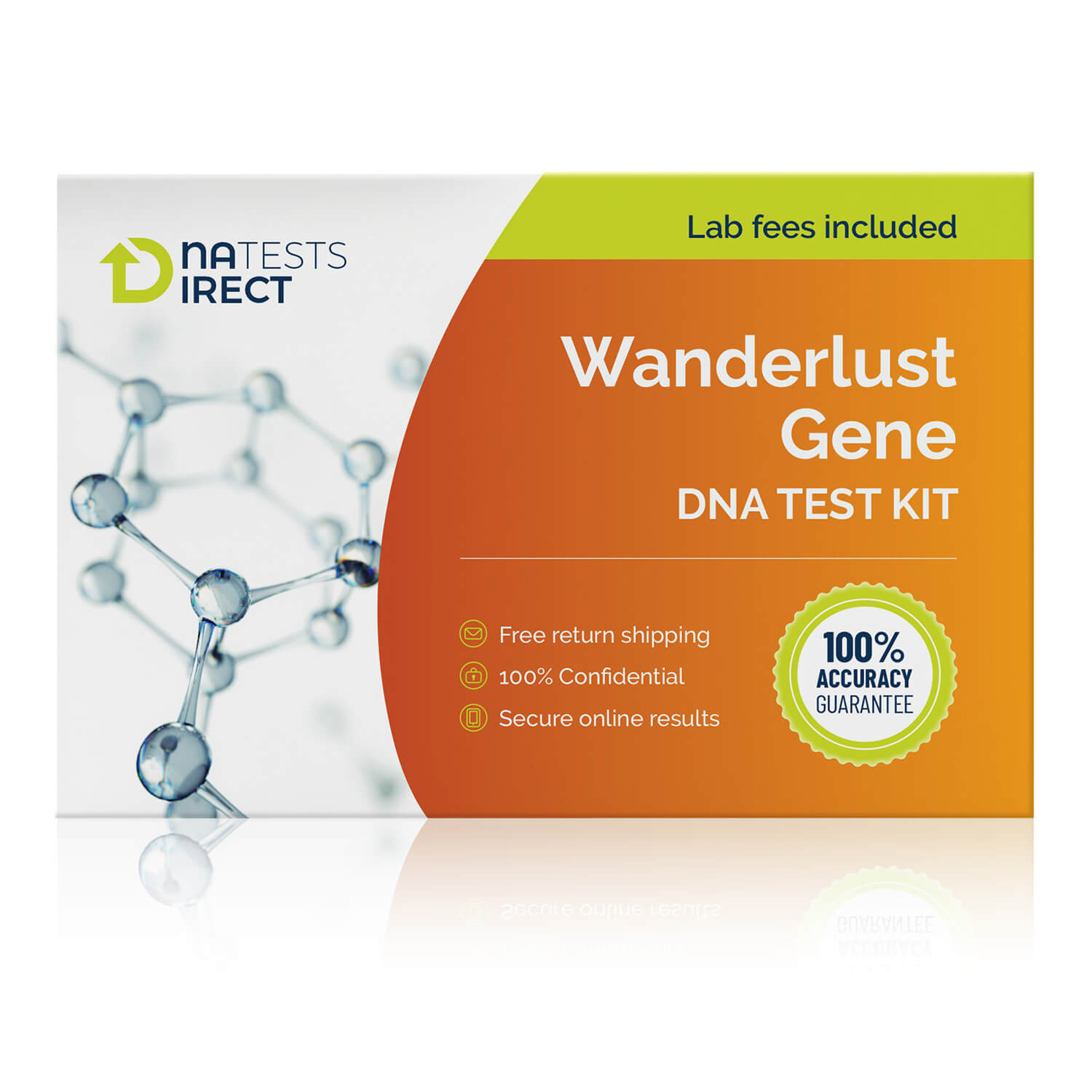
$149
Discover if you have the “wanderlust gene” with our at-home DNA test, which examines the DRD4 gene to determine if you have a variant associated with a love of travel and adventure.
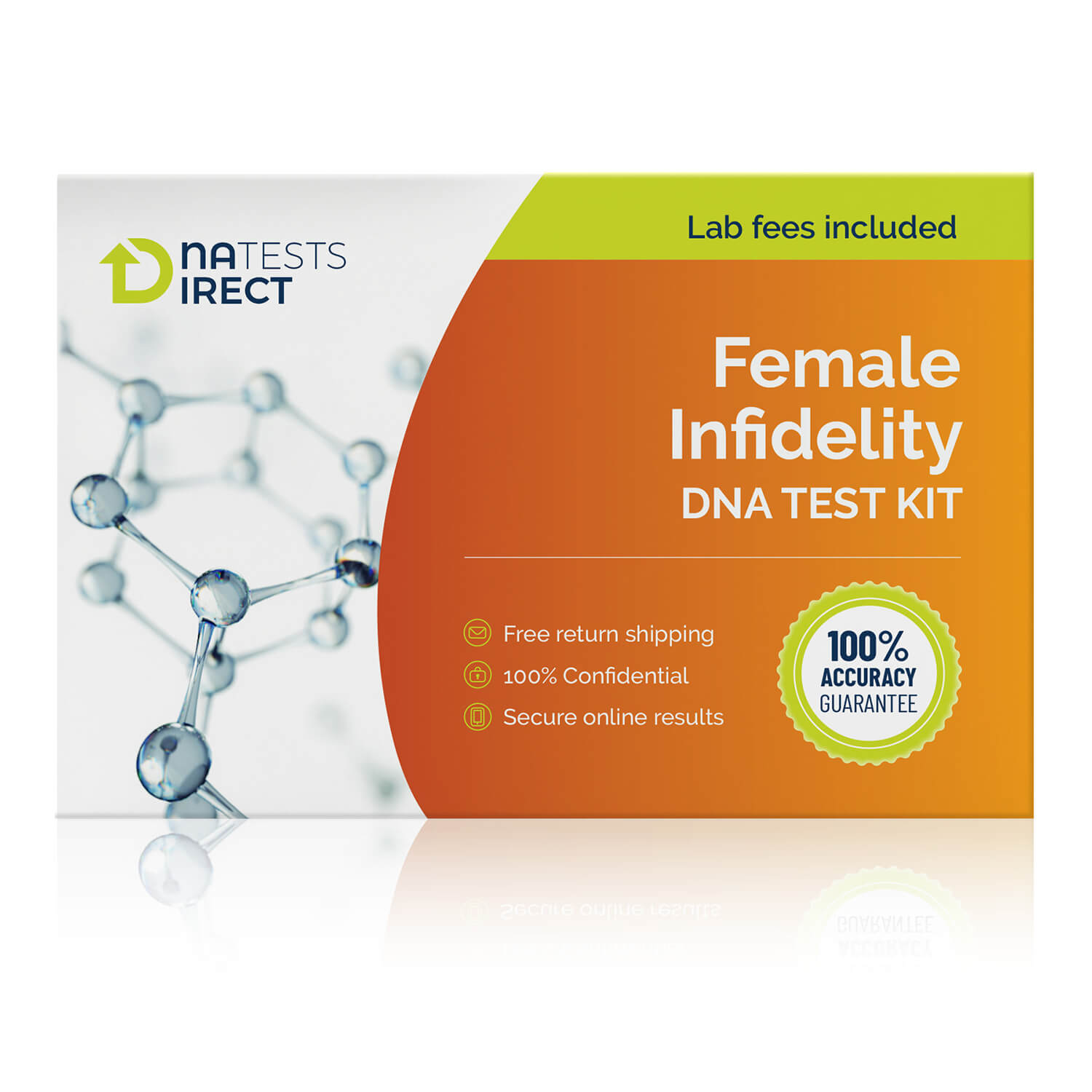
$149
Do you carry a genetic variant that increases your risk of cheating on your partner? Maybe you can blame your recent indiscretion on your genes!

$249
Discover your natural strengths, optimize workout strategies, and reduce injury risk with our DNA Fitness Test. This simple, at-home DNA test provides insights into your endurance, power, muscle mass, and physical response to exercise.
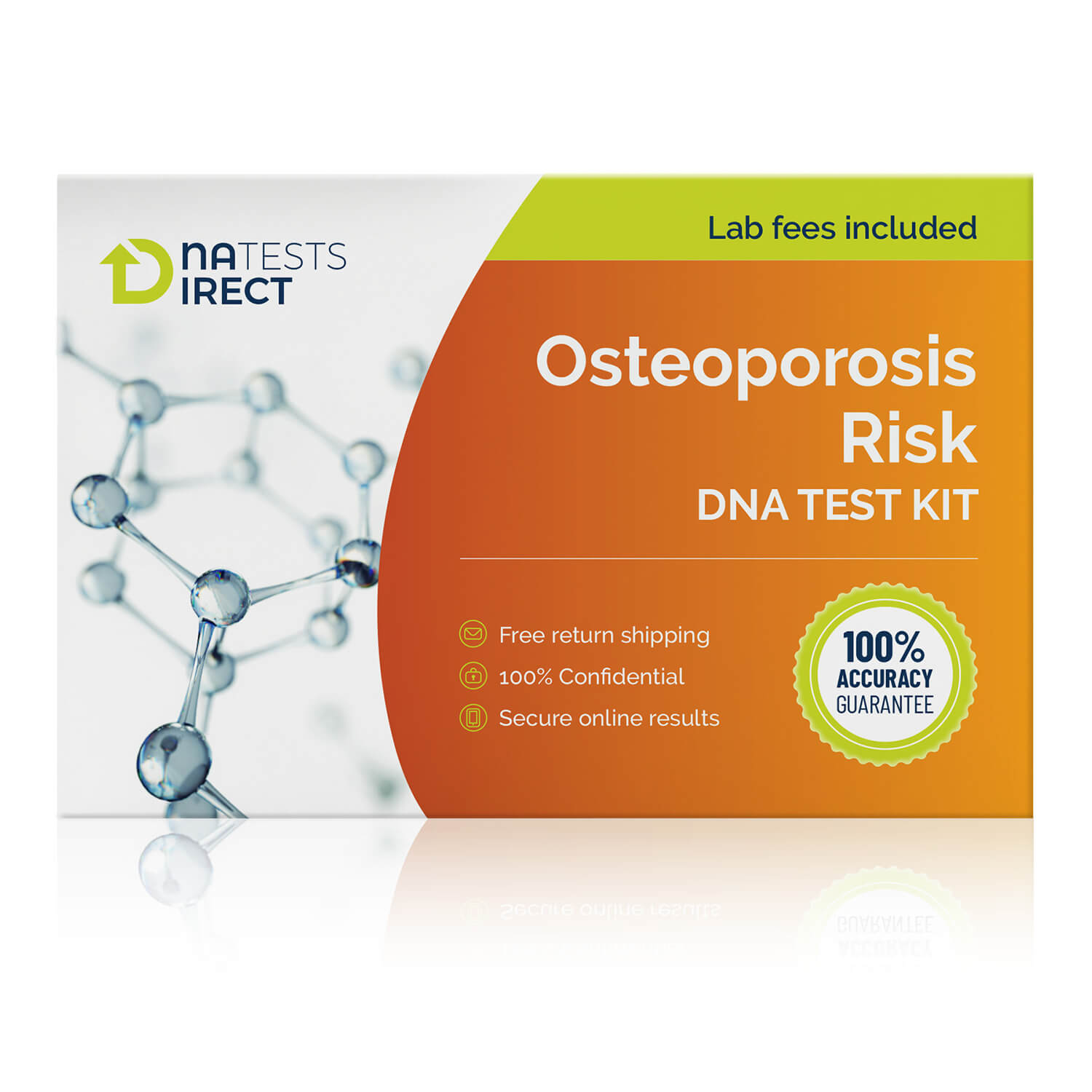
$195
Your genes play a role in your bone health and risk of osteoporosis. Find out if you are at increased risk, so you can make lifestyle changes today to improve your bone strength.
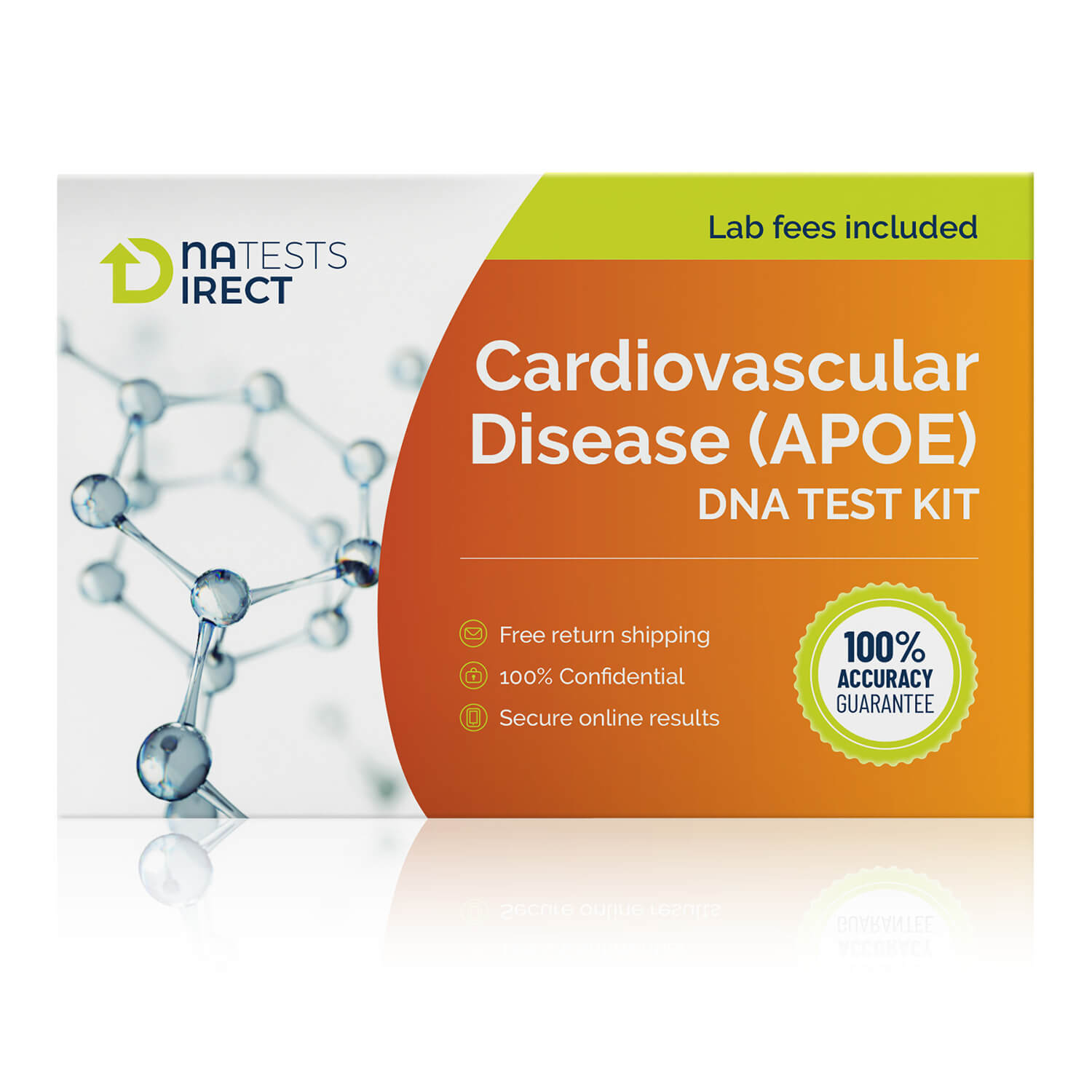
$195
Variation in the APOE gene is one of the strongest genetic risk factors for cardiovascular disease. It also affects how well you respond to statins and dietary changes used to modify your risk. Are you at increased risk?
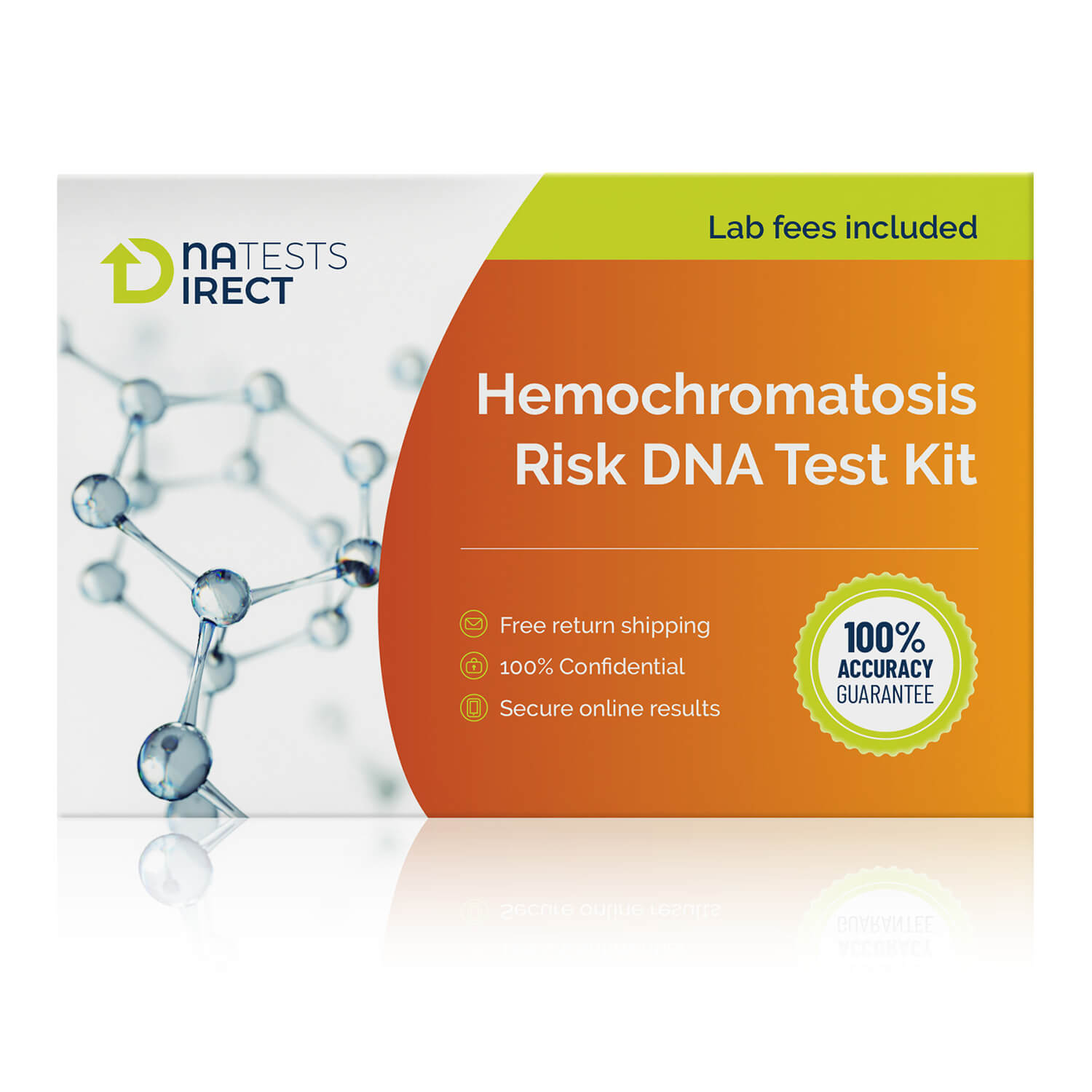
$195
Discover if you are at risk of developing hereditary hemochromatosis with this simple, at-home DNA test. This test detects three mutations in the HFE gene, which account for approximately 85% cases of hereditary hemochromatosis.
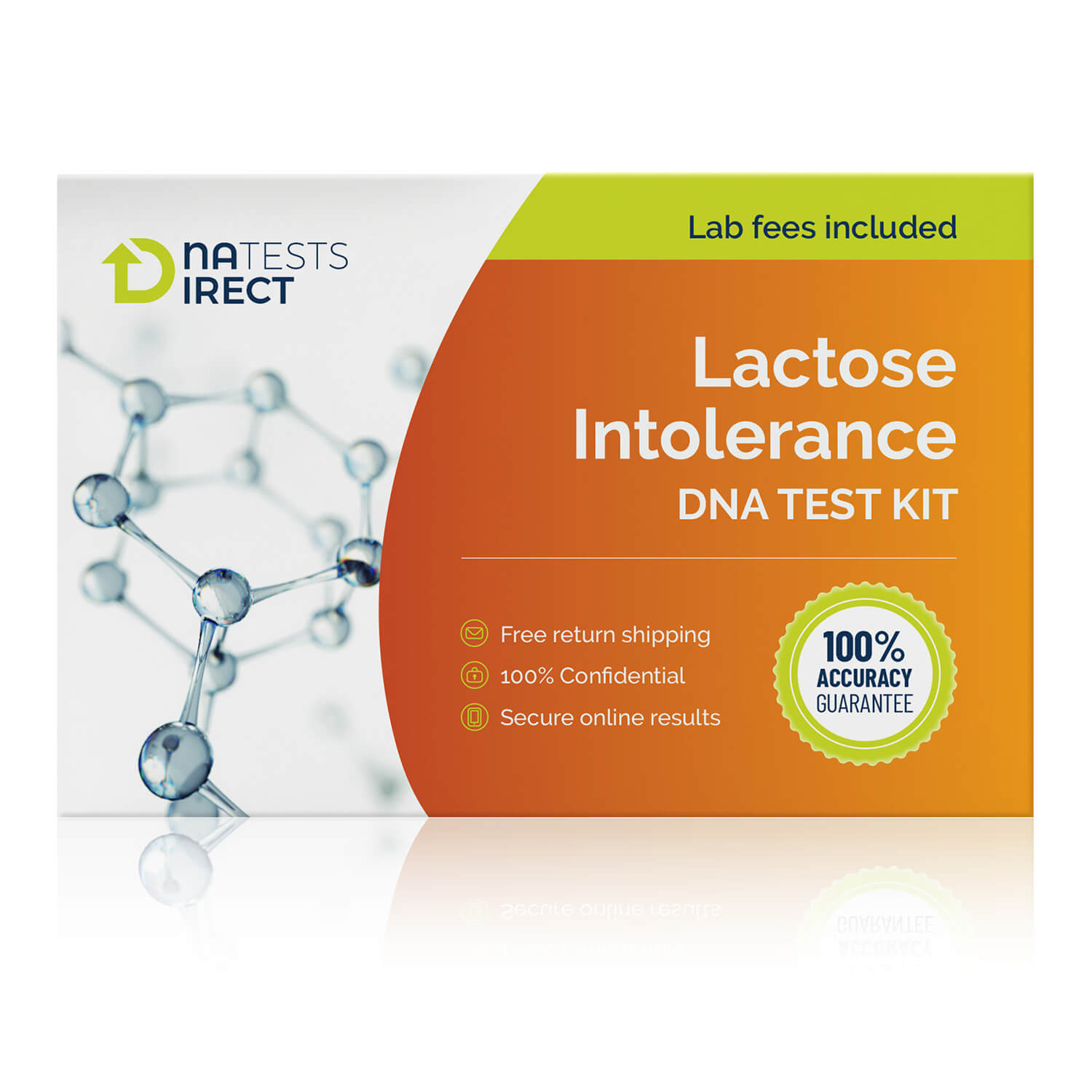
$149
Understand your body’s unique ability to break down lactose, a sugar found in dairy products. Our easy-to-use test analyzes your DNA for key genetic markers associated with lactose tolerance and intolerance.

$149 $271
Find out the likelihood that two people are biologically related as first cousins.

